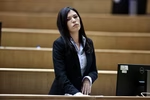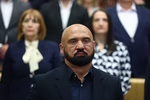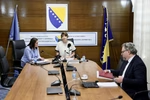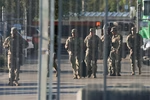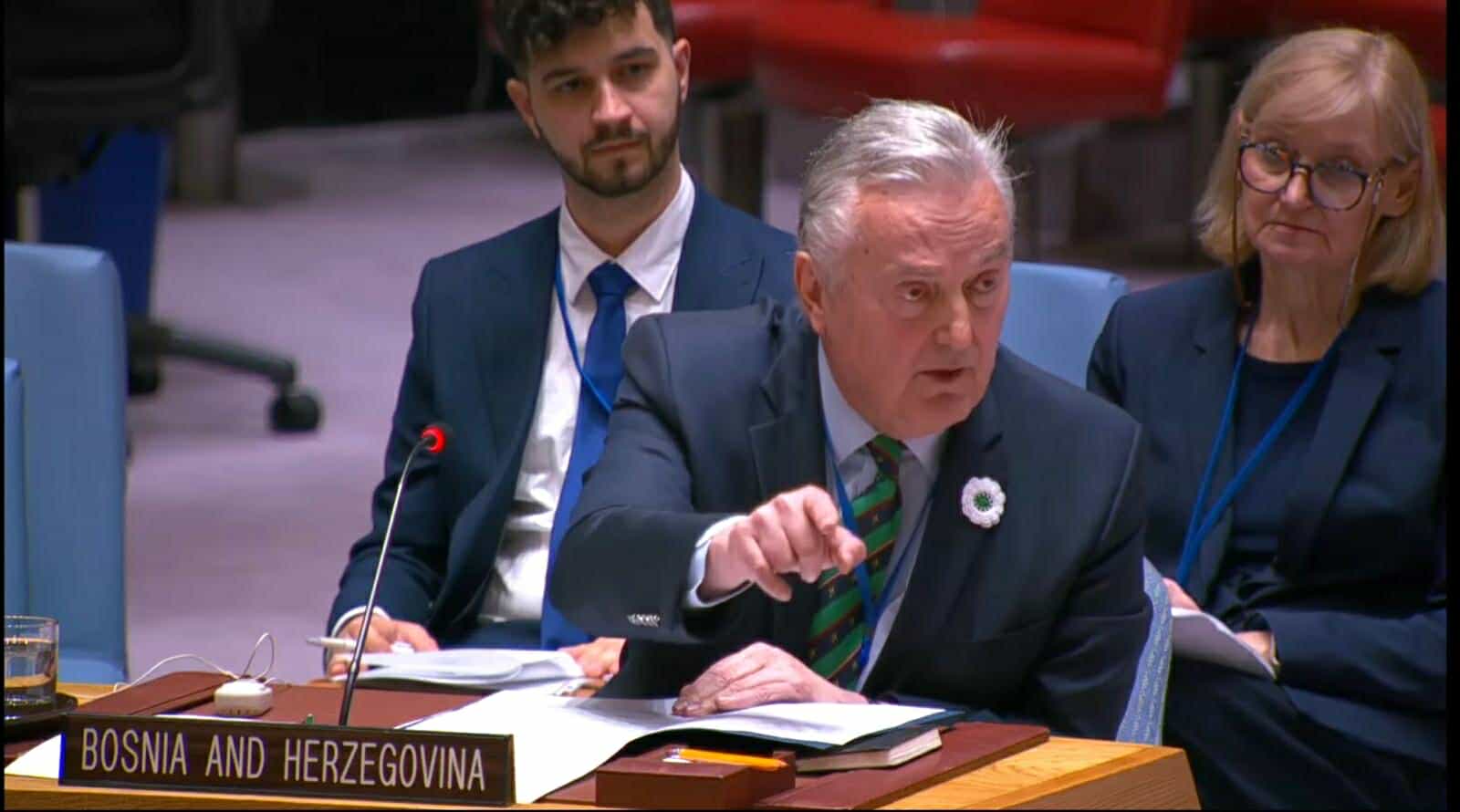
Bosnia and Herzegovina’s UN Representative Addresses Justice and Reconciliation at Security Council Zlatko Lagumdzija, Permanent Representative of Bosnia and Herzegovina to the United Nations, delivered a compelling address on December 10, 2024, during the UN Security Council meeting on the International Residual Mechanism for Criminal Tribunals (IRMCT). The Ambassador underscored the enduring importance of the Mechanism's work in achieving justice for victims of atrocities committed in the former Yugoslavia and Rwanda.
Lagumdzija began by acknowledging the critical contributions of Judge Gatti Santana and Prosecutor Serge Brammertz. He stated that the work of the Mechanism, even as it winds down, "remains essential for peace, justice, and reconciliation through healing." While national prosecutions are central to achieving justice, Lagumdzija highlighted the Mechanism's continued role in enforcing sentences, preserving archives, and providing vital assistance to national judicial processes.
Efforts to address case backlogs and enhance regional cooperation have seen progress, with several meetings held between Bosnia and Herzegovina’s Prosecutor’s Office, the Mechanism, and other regional counterparts. However, Lagumdzija stressed the persistent challenges posed by certain countries in the region, particularly Serbia.
He criticized Serbia's failure to prosecute war crimes suspects residing within its borders, naming individuals such as Novak Djukic, Mirko Vrucinic, and Milomir Savcic, who enjoy freedom despite accusations of grave crimes. "Unavailable suspects are unavailable for a reason," Lagumdzija said. "They are shielded, protected, celebrated, rewarded, and honored for the crimes they have committed in Bosnia and Herzegovina. Crimes are denied, and victims and their families have been humiliated day in and day out for the past 30 years."
The representative also condemned Serbia’s ongoing denial and revisionism regarding the Srebrenica genocide, where over 8,000 Bosniak men and boys were murdered in 1995. Referring to recent comments by Serbian officials who referred to the genocide as merely the "Srebrenica event," Lagumdzija retorted, "Distinguished colleagues, we all know that the Srebrenica genocide was not an 'event' like a car crash with deadly casualties. It was the most horrifying crime named genocide by the ICTY. To refer to it as anything less is a disgrace."
He further highlighted the silence from Serbia and Republika Srpska following Radislav Krstic’s personal admission of guilt for his role in the genocide. Krstic, one of the three individuals convicted of genocide in Srebrenica, expressed remorse in a recent letter, stating, "I would like my words to be read and understood by the young people who today live in the areas where there used to be a country called Yugoslavia. Never again. Never more war, never more death because someone is of a different religion, nationality, or belief, never more genocide." Despite this admission, Lagumdzija noted, Serbia and Republika Srpska responded with conspicuous silence.
He also called out the reaction of Vojislav Seselj, another convicted war criminal, who attacked Krstic for his admission. Seselj stated, "Instead of killing himself or enduring to the end and dying an honourable death, Krstic made a huge betrayal because of the year or two he would spend in freedom as a wretch and a traitor." Lagumdzija described such rhetoric as emblematic of the toxic denial and glorification of war crimes that impede reconciliation.
Lagumdzija called on the Mechanism to ensure that archives documenting the crimes committed during the wars are preserved and digitized for future generations. He emphasized their educational, historical, and judicial value, saying, "Their value for judicial proceedings in the past may have been exhausted, but they have permanent value for future educational, historical, and research purposes."
The representative also addressed Serbia’s request to execute ICTY and Mechanism-imposed prison sentences within its territory. He questioned Serbia’s sincerity, pointing to its consistent pattern of shielding accused individuals and undermining justice. "Time and again, Serbia misses opportunities to come to terms with its past and offer an honest hand of reconciliation to its neighbors," Lagumdzija said. He criticized Serbia’s failure to adopt a resolution recognizing the Srebrenica genocide, stating, "It should have been an opportunity for common action, not nationalist narratives and the revision of history."
Concluding his address, Lagumdzija urged the Council to continue advancing justice and reconciliation. He appealed to Prosecutor Brammertz to seek further cooperation from Krstic in locating the remains of missing persons from the Srebrenica genocide, emphasizing the need for substantive actions alongside words of remorse.
"Reconciliation requires justice and reckoning," Lagumdzija said. "Denial, lack of remorse, and refusal to face the truth kill the opportunity to finally put to rest a painful and horrific past for the sake of healthy relationships, trust, and cooperation for the future. Let us hope that words of remorse will translate into deeds and that the Mechanism will remain a cornerstone of international justice, advancing truth and healing for generations to come."
Kakvo je tvoje mišljenje o ovome?
Učestvuj u diskusiji ili pročitaj komentare





 Srbija
Srbija
 Hrvatska
Hrvatska
 Slovenija
Slovenija










